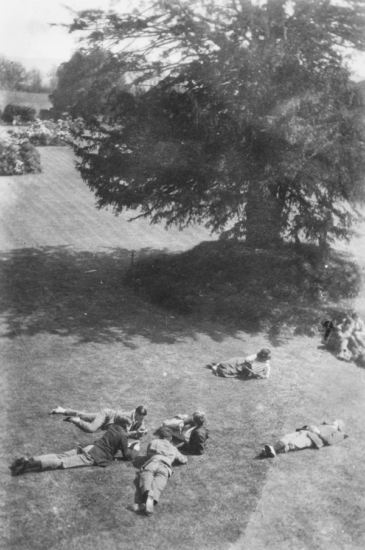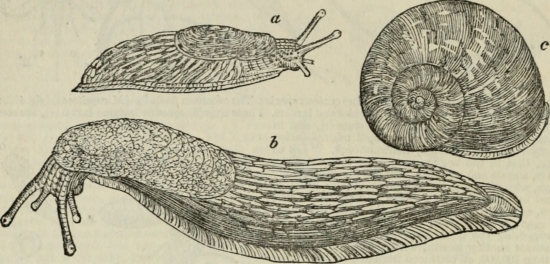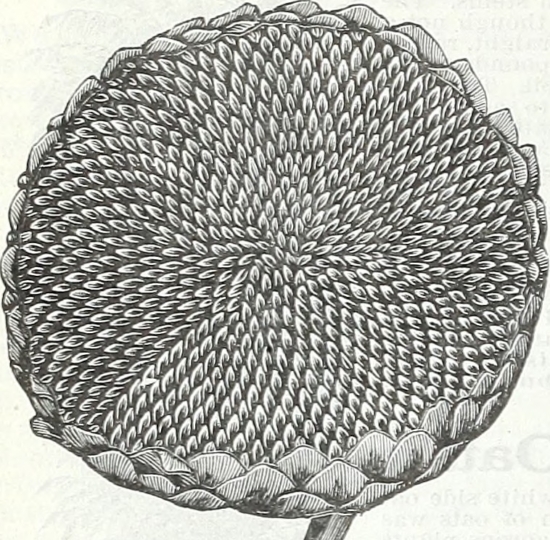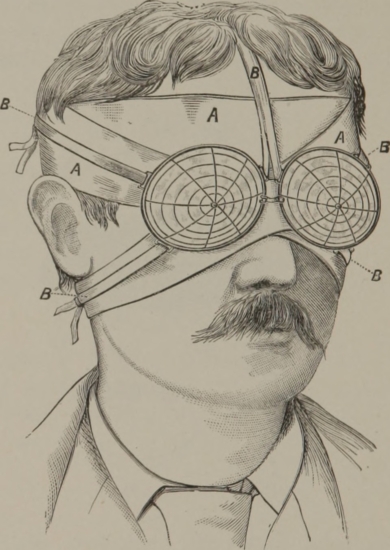ResourcesReadingEducationPractice Previous Next This collection of resources has come into being through the generosity and knowledge-sharing of many. During various interviews, conversations and events we organised, people referenced texts, websites, inspirational practices and models of transdisciplinary education. Some even shared their growing bibliographies with us. We thank everyone who added to this evolving list of resources.…
Author: Renee
Entanglements
This is an index of entwining terms and names woven through interviews, tuning words and resources. Densities are reflected by scale.
Intensive Study Workshop 2 Dublin
During the European University of Technology delegation meeting in Dublin in May 2022, the IO3: Transdisciplinary Teaching working group held a parallel intensive study workshop. It was the second iteration exploring keywords related to transdisciplinary teaching and learning environments. Starting with keywords generated from the first intensive study workshop, participants again thematically clustered texts, plotted…
Events
The IO3 Research group has worked in an iterative fashion since its instigation. Part of our research methodology has been to glean experience and a deeper understanding through hosting research events and intensive workshops. In this section you can explore these different junctures in our process. Our first event was A two-day online seminar on…
Methodologies
Each component in the life of this research has been carefully considered so that the learnings of the previous stage become the basis of the next. In this way, over the course of 3 years the researchers below have been able to filter and distill the information, literature, scholarship, and experience so as to enrich the project’s…

Space
*Space* All pedagogical activity takes place within space, some physical institutions, some are liminal observations and others are digital environments, however the locale directly informs the type of education experience created. Transdisciplinary education, in its effort to dismantle disciplinary boundaries, must also dismantle the boundaries that often separate pedagogical environments and the spaces they rest…

Slow
*Slow* Transdisciplinary education is not built for efficiency or speed. With collaboration at its core, it is a cumbersome affair, if not at times unwieldy. Rather than being a hindrance, it is an affordance, a means of engaging wholly in complexity. To borrow from the Belgian philosopher Isabelle Stengers: It is here that the word…

Scale
*Scale* The dominant problems of the contemporary moment are transnational, effecting planetary systems and the plural biotic, abiotic and metabiotic actors that make up this world.1 One of the goals of Euromodernity was to render the Universal legible, a goal that involved standardisation, classification, categorisation, and homogenisation.2 Through these processes, scalable methodologies aimed to be…

Possibility
*Possibility* In Hermès V, Michel Serres speaks of the Northwest Passage, the sea route through the Canadian Arctic Archipelago.1 It is a place where the earth, sky, and water alternately melt and freeze together. As the seasons turn, the passage appears and disappears again; the archipelago breathes. This means that when we want to navigate…

Listening
*Listening* One of the challenges within transdisciplinary teaching and learning is fostering safe and brave spaces for speaking and listening. 1 When collaborating, it is easy for communication to collapse into a simple game of relay where you say this and I say that. Inevitably, the soundscape can be rapidly filled with disparate opinions and,…